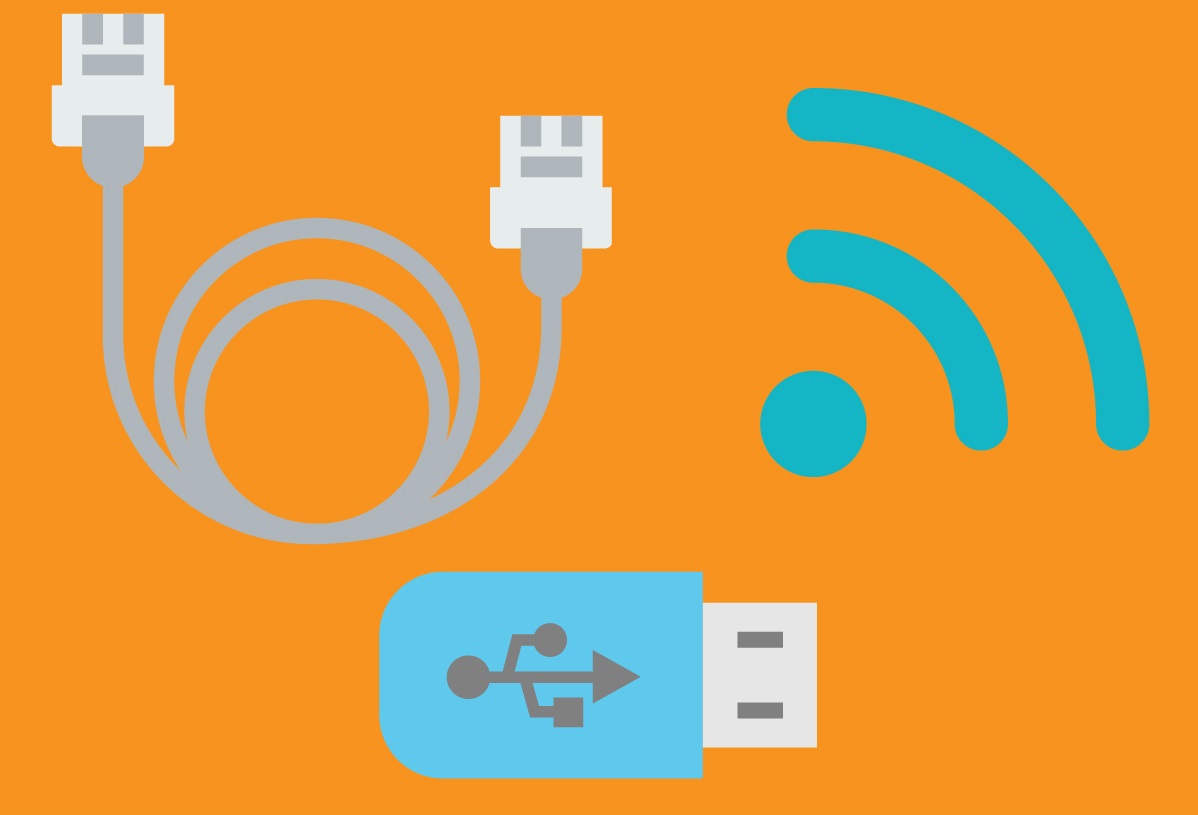By Juliana Bain
On June 14th, ACT | The App Association held a briefing on standard essential patents (SEP) to engage congressional staffers, agency officials, and interested stakeholders about the importance and merits of fair, reasonable, and non-discriminatory (FRAND) licensing. Morgan Reed, president of the App Association, moderated the panel discussion, which provided insights from:
- Tim Muris, former Federal Trade Commission (FTC) chairman, and senior counsel with Sidley Austin;
- Michael Lindsay, trial practice partner and antitrust practice co-chair at Dorsey & Whitney, and counsel to the Institute of Electrical and Electronics Engineers (IEEE);
- David Bain, App Association member and president of TM Technologies; and
- Jorge Contreras, associate professor at the University of Utah S.J. Quinney College of Law, and board member at American National Standards Institute (ANSI).
The briefing was well attended, and included staff from the House, Senate, and federal agencies, as well as other interested stakeholders interested to learn about the patent system and significance of FRAND licensing obligations. If you couldn’t make the briefing, or are looking for more information on SEPs and FRAND, please read more below.
What are the Basics?
- Technological standards, like the wi-fi, LTE, Bluetooth, and USB capabilities we use daily, provide important foundations for the innovations app developers create daily.
- Standards-setting organizations (SSOs), such as IEEE and ANSI, help develop open and consensus-based standards to facilitate access and participation in the market for businesses of all sizes.
- As their name suggests, SEPs are patents included in a technology standard and so essential that the standard cannot be implemented without them.
- Due to the integral nature of SEPs, owners often voluntarily promise to license access to their patent on FRAND terms.
- Lack of clarity on SEP and FRAND obligations permits abuse, and removes patent holders’ incentives and willingness to participate in a technology standard.
Learn more here.
Who Said What?
- After outlining his recent American Enterprise Institute paper, Bipartisan Patent Reform and Competition Policy, former FTC chairman Tim Muris discussed the history of the patent reform debate and his leading involvement in it stretching back to the Reagan administration. He underscored that U.S. antitrust oversight into the SEP-FRAND debate is bipartisan in nature, including the enforcement action underway by the FTC today.
- As a legal counsel to IEEE, Michael Lindsay discussed how voluntary and open standards (like those created in the IEEE) are developed, and the tradeoff that patent holders in this scenario chose to undertake: in exchange for volunteering to license a patent in a FRAND manner, the patent holder gains acceptance into a technical standard and greater volume of licensees. This system functions well for all involved, but problems arise when those who voluntarily make these FRAND promises disregard them, and seek to gain the benefits of access to a standard without holding up their end of the bargain. The effects of this behavior distort competition and harm consumers.
- Small business owner David Bain emphasized that the abusive behavior by SEP holders doesn’t just affect “tech giants,” but has huge impacts on small business owners too. These small businesses rely on a stable, predictable SEP regime to attract investment and ultimately see a return on their investments in developing innovations. When SEP holders disregard their voluntary FRAND promises, small businesses that can’t withstand years of expensive litigation like large companies can face effective lockout from the opportunities offered in new internet of things markets. SEP holders can commit FRAND abuse and exclude small businesses directly and indirectly in several ways. This includes refusing to license to a willing and reasonable licensee, charging exorbitant royalty fees, presenting an economic barrier to access the patent, mandating exclusivity by placing restrictive conditions on a licensee’s relationship with patent holders’ competitors, or requiring licensees to buy patents unessential to the SEP to receive a license for the products they need, also known as bundling.
- Jorge Contreras described how the standards system works quite well and that most standards exist without SEP-related disputes. However, a handful of SEP holders, driven by a business model dedicated to patent monetization, are driving dysfunctional open These SEP holders are gaming the FRAND system to monetize patents for the highest possible return, despite the voluntary FRAND obligations to which they agreed.
Numerous competition authorities around the globe have recognized that FRAND abuse harms both businesses and consumers. The United States has long been a leader in bringing meaning to the voluntary FRAND promise, most recently by filing an enforcement case against Qualcomm in the Northern District of California federal court.
Congress plays an important role by providing oversight to U.S. competition authorities. By holding this briefing, the App Association aims to provide a level-set for Hill policymakers on this important issue. Congress can best help innovators and consumers by being educated on the interplay of standards, patents, and competition.
Want to Know More?
Check out the App Association’s All Things FRAND website!
